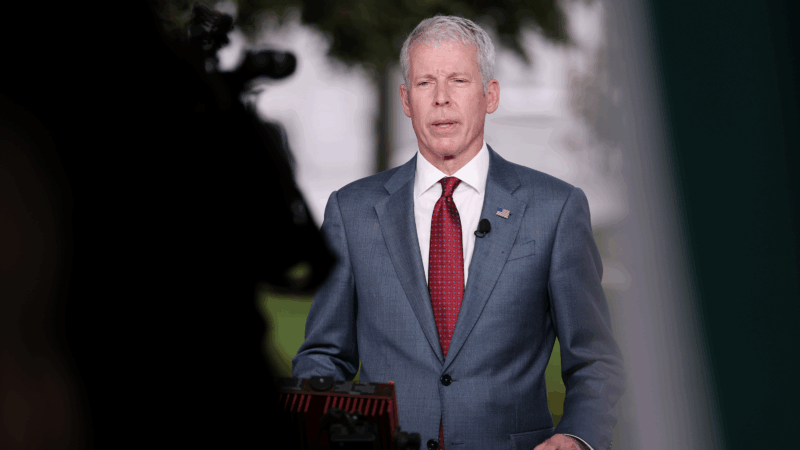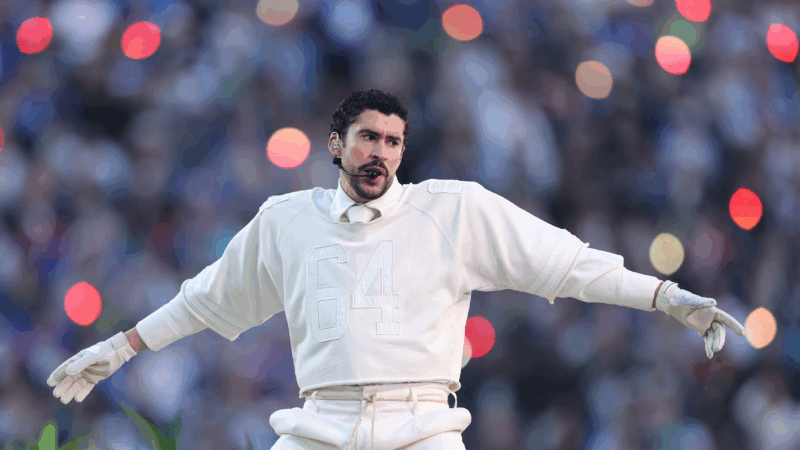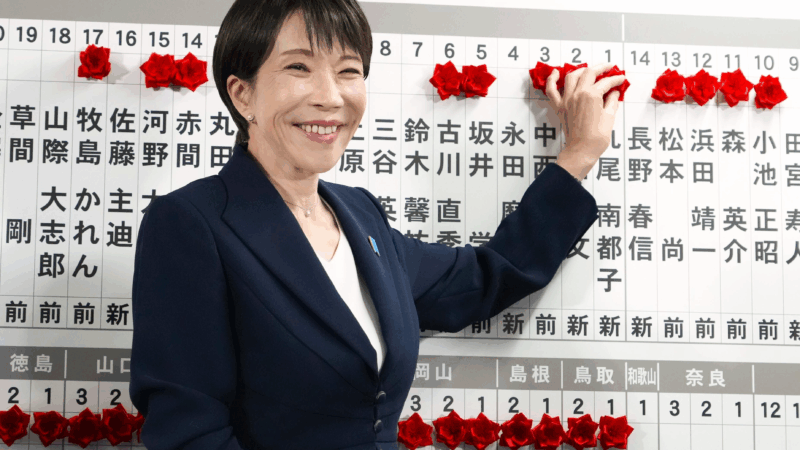Dozens of scientists find errors in a new Energy Department climate report
A group of more than 85 scientists have issued a joint rebuttal to a recent U.S. Department of Energy report about climate change, finding it full of errors and misrepresenting climate science.
This comes weeks after the Union of Concerned Scientists and the Environmental Defense Fund filed a lawsuit against the Trump administration that alleges that Energy Secretary Chris Wright “quietly arranged for five hand-picked skeptics of the effects of climate change” to compile the government’s climate report and violated the law by creating the report in secret with authors “of only one point of view.”
The DOE’s Climate Working Group consisted of four scientists and one economist who have all questioned the scientific consensus that climate change is a large threat to the world and sometimes frame global warming as beneficial.
The group of climate scientists found several examples where the DOE authors cherry-picked or misrepresented climate science in the agency’s report. For instance, in the DOE report the authors claim that rising carbon dioxide can be a “net benefit” to U.S. agriculture, neglecting to mention the negative impacts of more heat and climate-change fueled extreme weather events on crops.
The DOE report also states that there is no evidence of more intense “meteorological” drought in the U.S. or globally, referring to droughts that involve low rainfall. But the dozens of climate scientists point out that this is misleading, because higher temperatures and more evaporation — not just low rainfall — can lead to and exacerbate droughts. They say that there are, in fact, many studies showing how climate change has exacerbated droughts.
“This report was reviewed internally by a group of DOE scientific researchers and policy experts from the Office of Science and National Labs,” writes Ben Dietderich, chief spokesperson for the DOE in an email to NPR.
Dietderich adds that “the Trump administration is committed to engaging in a more thoughtful and science-based conversation about climate change and energy.”
The Trump administration wants the government to stop regulating climate pollution. The DOE report was cited multiple times by the Environmental Protection Agency in its recent proposal to roll back what’s known as the endangerment finding, which is the basis for rules regulating climate pollution, including from coal and gas-fired power plants, cars and trucks, and methane from the oil and gas industry.
The DOE report “is about providing fodder for further actions down the track, which will roll back progress on climate action,” says John Cook, a senior research fellow at the University of Melbourne who studies climate science misinformation. “ The DOE report is basically arguing climate change is no big deal, therefore we shouldn’t act. Always it’s about trying to delay action and maintain the status quo.”
The group of more than 85 scientists recently submitted their review of the Climate Working Group report to the Federal Register as part of the DOE’s 30-day open-comment period, which closes on Tuesday.
Andrew Dessler, professor of atmospheric sciences at Texas A&M University, coordinated the response from dozens of climate experts. He says unlike the DOE report, climate reports from groups such as the United Nations’ Intergovernmental Panel on Climate Change feature the work of hundreds of global scientists and require multiple rounds of peer review.
Dessler argues that this DOE report, released in late July, is important to pay attention to, because of what he and other scientists identify as problems with the science, and because of how the report is being used by the Trump administration to roll back the endangerment finding. EPA administrator Lee Zeldin has said the goal of the administration is “driving a dagger straight into the heart of the climate change religion.”
Travis Fisher is the director of energy and environmental policy studies at the Cato Institute, a libertarian think tank. He coordinated the work of the DOE’s Climate Working Group. He says the DOE would look at what comes in during the open-comment period.
“If there are errors, they’ll correct them, of course,” Fisher says. “And I don’t know if any group like this could produce a 150-page document without any errors. So we’ll see what comes up.”
Fisher adds, ”It’s just a matter of good government and good science to address all comments that come in.”
Nancy Guthrie search enters its second week as a purported deadline looms
"This is very valuable to us, and we will pay," Savannah Guthrie said in a new video message, seeking to communicate with people who say they're holding her mother.
Ilia Malinin’s Olympic backflip made history. But he’s not the first to do it
U.S. figure skating phenom Ilia Malinin did a backflip in his Olympic debut, and another the next day. The controversial move was banned from competition for decades until 2024.
‘Dizzy’ author recounts a decade of being marooned by chronic illness
Rachel Weaver worked for the Forest Service in Alaska where she scaled towering trees to study nature. But in 2006, she woke up and felt like she was being spun in a hurricane. Her memoir is Dizzy.
Bad Bunny makes Puerto Rico the home team in a vivid Super Bowl halftime show
The star filled his set with hits and familiar images from home, but also expanded his lens to make an argument about the place of Puerto Rico within a larger American context.
Japan’s Takaichi to pursue conservative agenda after election landslide
Japan's first female Prime Minister, Sanae Takaichi, brought the ruling Liberal Democratic Party its biggest-ever electoral victory, fueling her ambitions to pursue to a political agenda which she says could "split public opinion."
Olympic COVID restrictions are gone, but some athletes are still self-quarantining
For most people, the pandemic days of masking are behind them. In certain corners of the Winter Olympics, though, things still look a lot like they did in COVID times. Some athletes are taking extreme measures to stay healthy.







